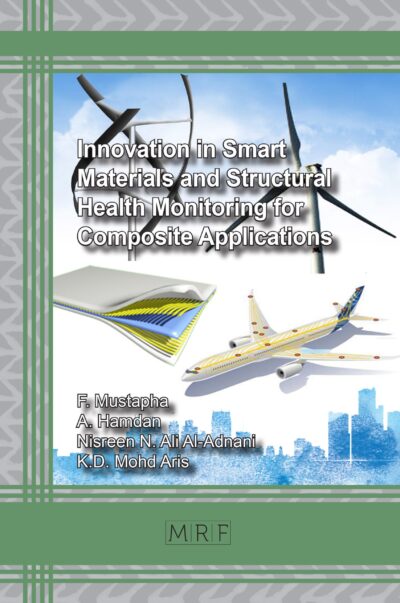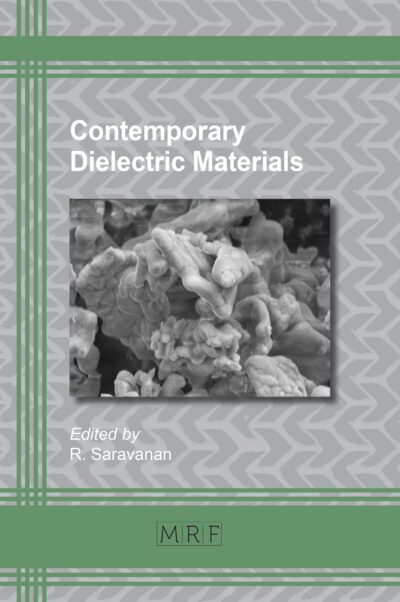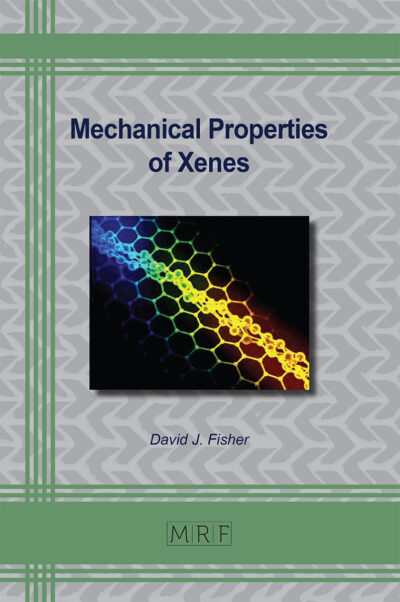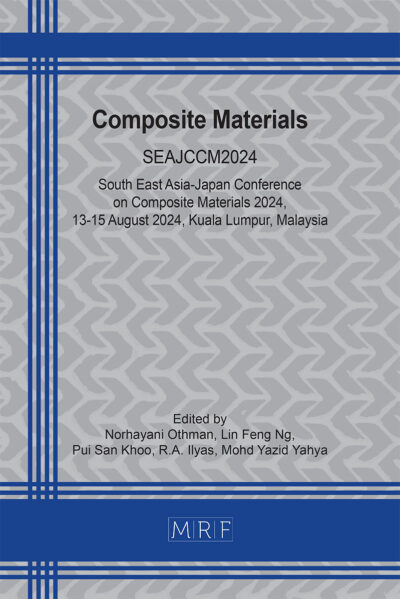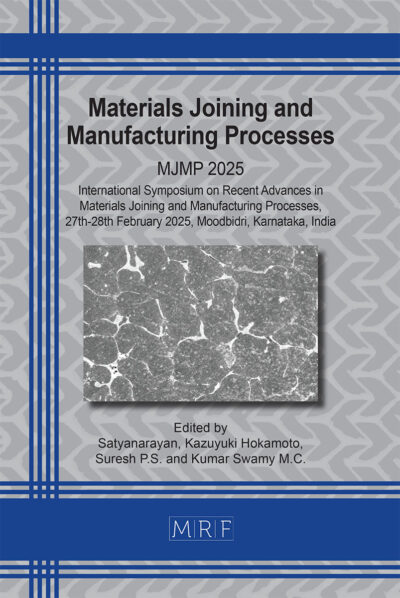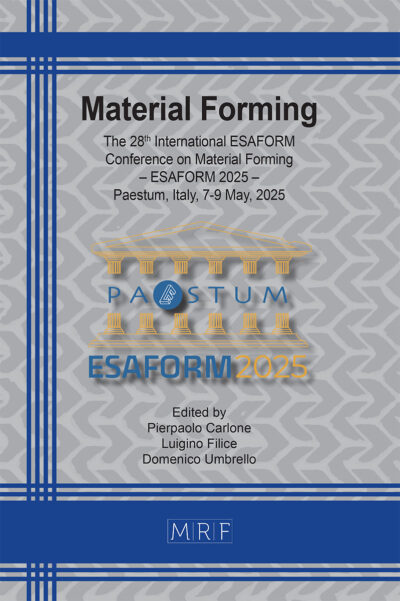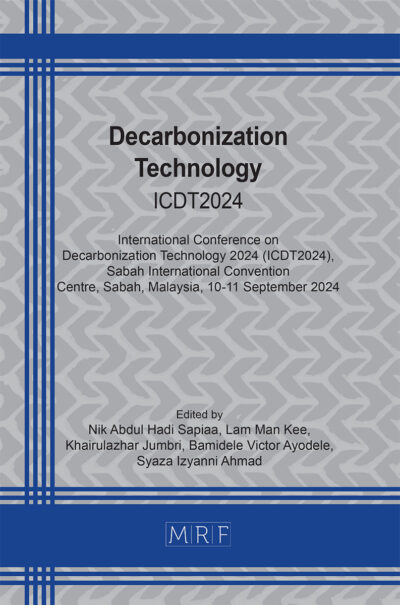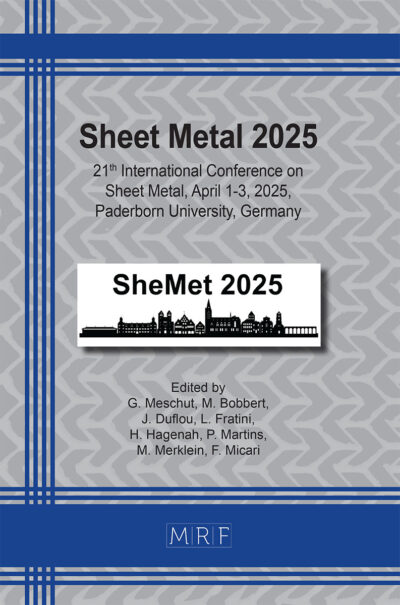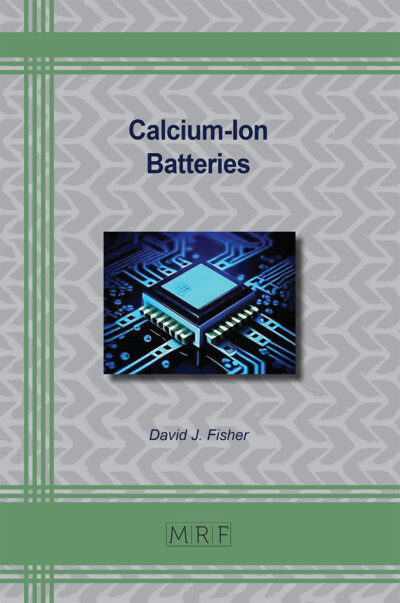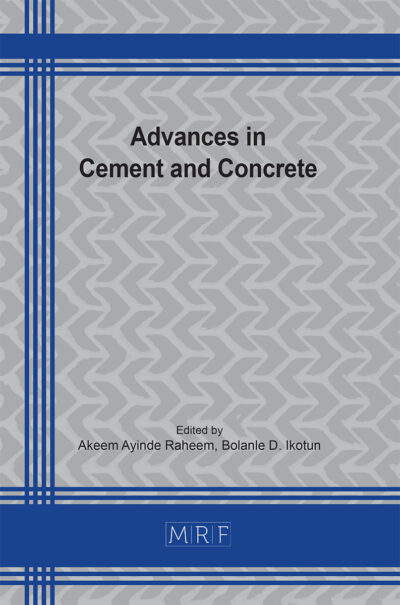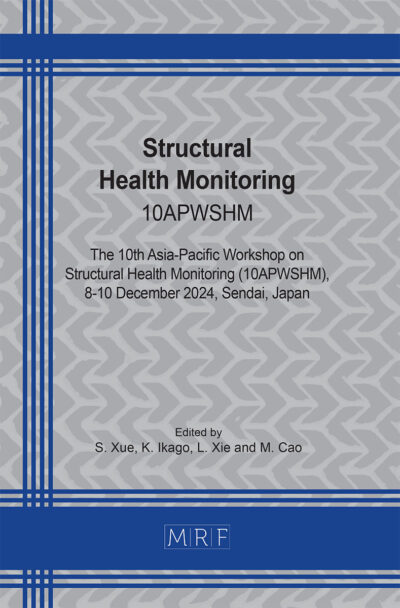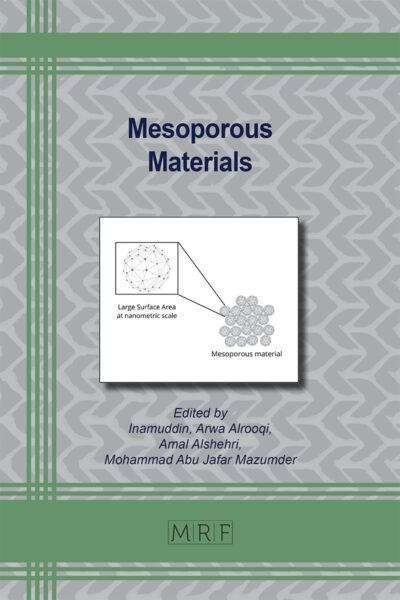Industrial Applications of Green Solvents – Volume II
Eds. Inamuddin, Rizwana Mobin and Abdullah M. Asiri
Materials Research Foundations Vol. 55
Publication Date 2019, 300 Pages
Print ISBN 978-1-64490-030-7 (release date August 20th, 2019)
ePDF ISBN 978-1-64490-031-4
DOI: 10.21741/9781644900314
The book explores industrial applications of green solvents in industrially important areas such as oil extraction, sensors and biosensors, CO2 capture, lignocellulosic biomass utilization, bio-based chemicals and their application in catalysis, electrochemical devices, purification of pharmaceuticals, organic synthesis and transformations, bio-lubricant additives, aluminum and aluminum-alloy production. The solvents covered include water, ionic liquids, supercritical carbon dioxide and glycerol.
Keywords
Green Chemistry, Green Solvents, Ionic Liquids, Supercritical Carbon Dioxide, Glycerol, Biosensors, CO2 Capture, Lignocellulosic Biomass Utilization, Bio-based Chemicals, Electrochemical Devices, Chromatographic Purification of Pharmaceuticals, Bio-lubricant Additives, Green Electrolytes for Aluminum Production, Green Electrolytes for Aluminum-Alloy Production, Green Solvents for Oil Extraction
Table of Contents
Supercritical CO2 Application in Essential Oil Extraction
Mozaniel Santana de Oliveira, Sebastião Gomes Silva, Jorddy Neves da Cruz, Eduardo Ortiz, Wanessa Almeida da Costa, Fernanda Wariss Figueiredo Bezerra, Vânia Maria Borges Cunha, Renato Macedo Cordeiro, Antônio Maia de Jesus Chaves Neto, et al.
Applications of Ionic Liquids in Sensors and Biosensors
Amina Saleem, Nawshad Muhammad, Zahoor Ullah, Amir Sada Khan, Abdur Rahim
Green Solvents for CO2 Capture
M. Yildiz
Ionic Liquids as Green Solvents for Lignocellulosic Biomass Utilization
H. Mahmood, M. Sulaiman, M. Moniruzzaman
Applications of Glycerol as Green Solvent
Harshal D. Kawale, Sneha Acharya, Nanda Kishore
Application of Ionic Liquids as a Green Material in Electrochemical Devices
Alok Kumar Tripathi and Rajendra Kumar Singh
Green Chromatographic Purification of Pharmaceuticals
R.N. El-Shaheny, M.H. El-Maghrabey, M.I. Eid, N.M. El-Enany
Water as the Green Solvent in Organic Synthesis
Kartick Chandra Majhi, Paramita Karfa, Sunil Kumar, Rashmi Madhuri
Glycerol as a Green Solvent in Organic Reactions
Navneet Kumar, Vimal Chandra Srivastava
Ionic Liquids as Green Bio-Lubricant Additives
Puneet Verma, Gaurav Dwivedi, Anoop Kumar Shukla, Anuj Kumar, Arun Kumar Behura
Ionic Liquids as Green Electrolytes for Aluminum and Aluminum-Alloy Production
Guocai Tian



